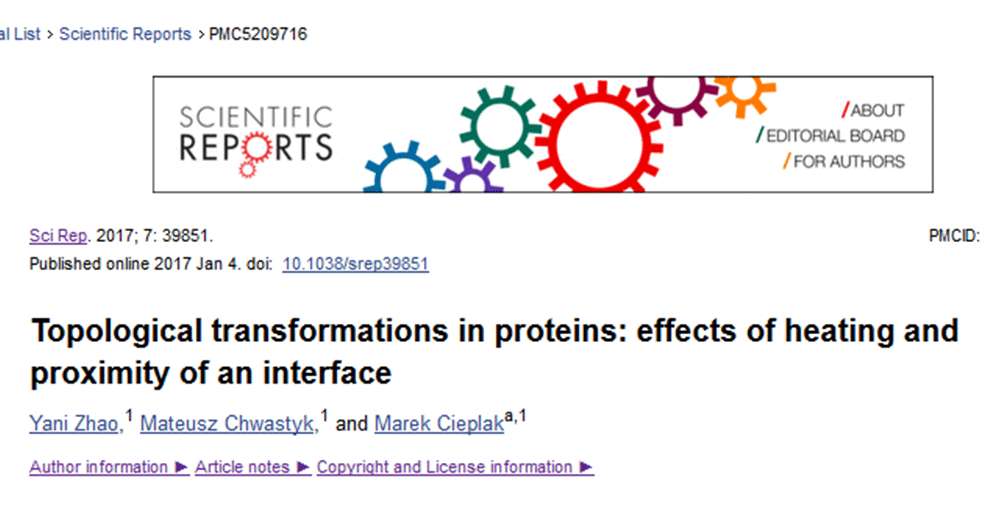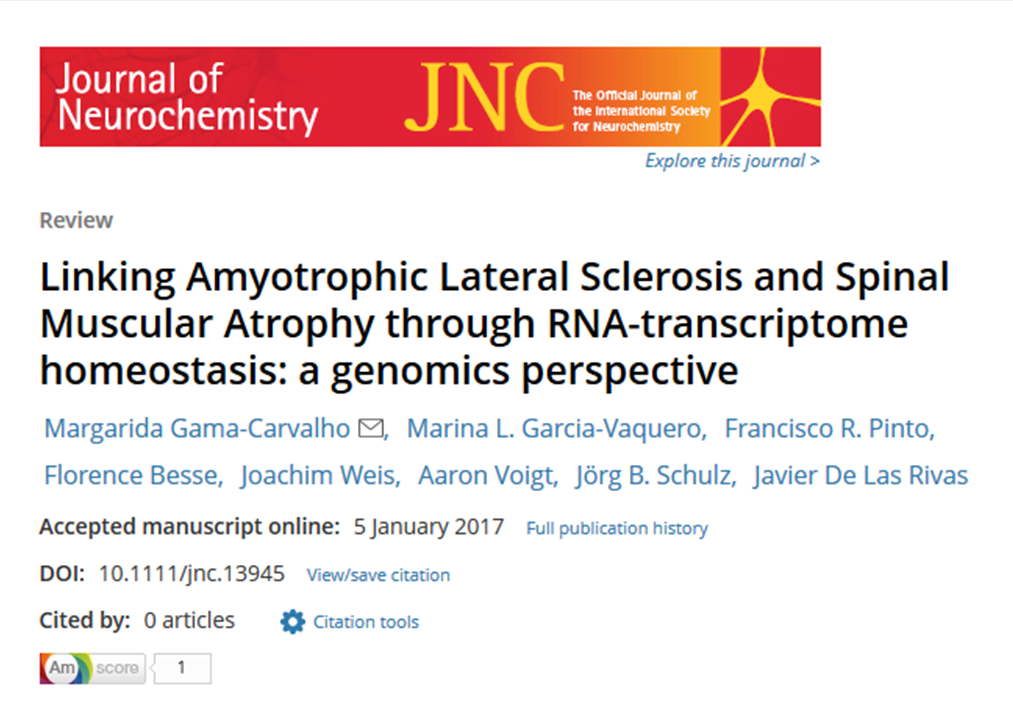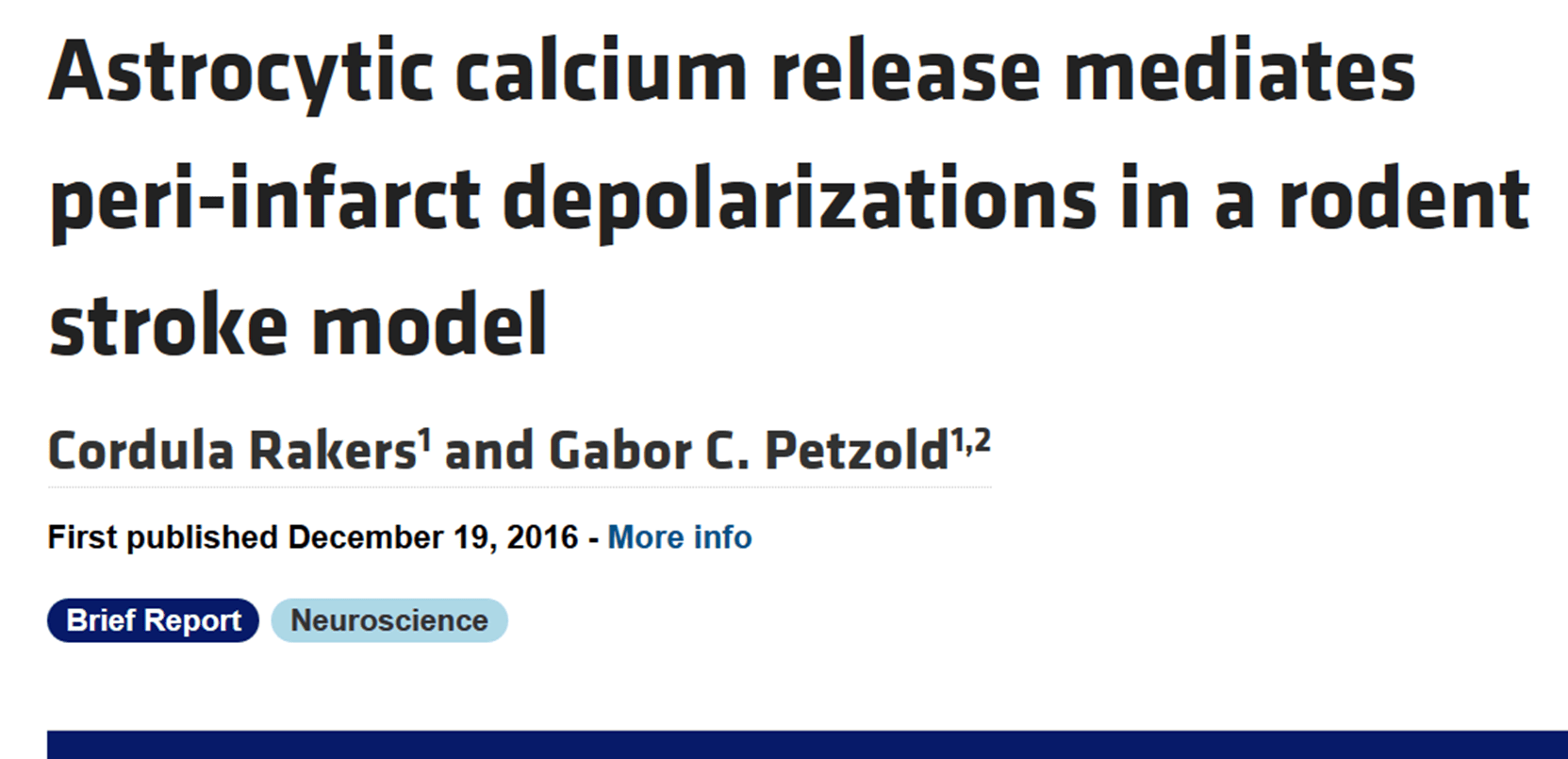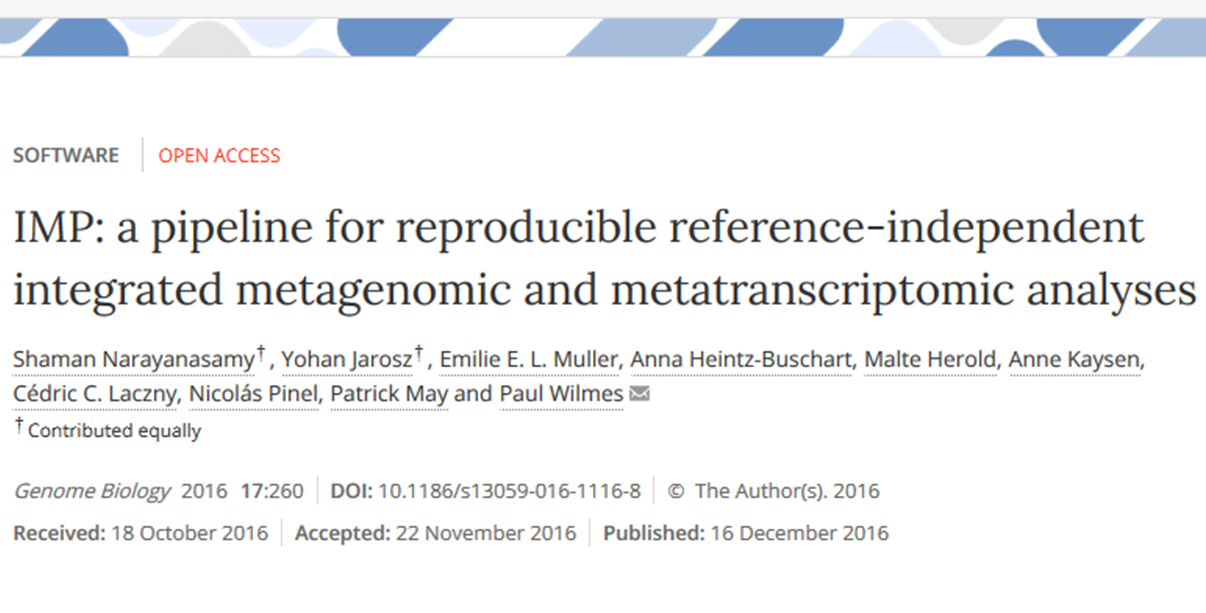Researchers have found a potentially promising treatment for Alzheimer’s disease, by noticing a similarity in the way insulin signaling works in the brain and in the pancreas of diabetic patients.
”In the pancreas, the Kir6.2 channel blockade increases the insulin signaling, and insulin signaling decreases the blood glucose levels,” says Dr. Shigeki Moriguchi, one of the authors of the paper. ”In the brain, insulin signaling increases the acquisition of memory through CaM kinase II activation by Kir6.2 channel blockade.”
The research group concluded that Alzheimer’s disease can be described as a ‘diabetic disorder’ of the brain.
Memantine, a drug widely used to treat Alzheimer’s disease, is a well-known inhibitor of the N-methyl-D-aspartate (NMDA) receptors that prevent excessive glutamate transmission in the brain. Researchers have now found that memantine also inhibits the ATP-sensitive potassium channel (Kir6.2 channel), improving insulin signal dysfunction in the brain.
In their experiment with mice, the researchers found that memantine treatment improved impaired hippocampal long-term potentiation (LTP) and memory-related behaviors in the mice through the inhibition of KATP channel Kir6.2.
The researchers say they hope the results of their study and the parallels drawn with diabetes will lead to new treatments for Alzheimer’s disease using the inhibition of Kir6.2 channel.
Paper: “Blockade of the KATP channel Kir6.2 by memantine represents a novel mechanism relevant to Alzheimer’s disease therapy”
Reprinted from materials provided by Tohoku University.




